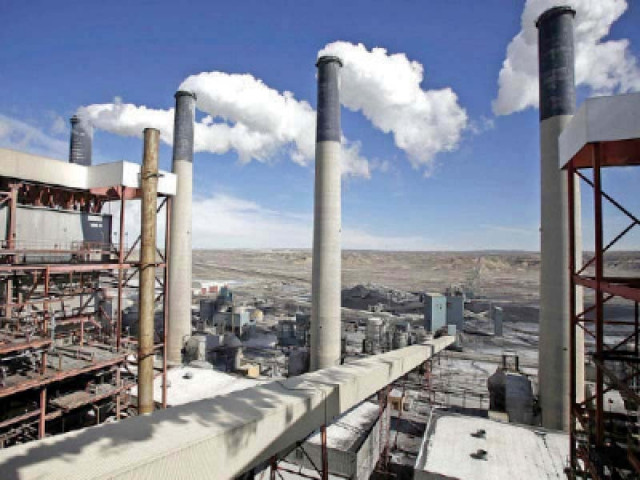Efficient power plants’ utilisation stands low
It puts financial burden of Rs100b on end-consumers

The inefficiency of power distribution companies is a challenge and their performance is questionable that not only leads to higher tariffs for end-consumers but also increases the circular debt that reached Rs2.253 trillion by June 2022, according to an industry report.
The National Electric Power Regulatory Authority (Nepra), in its report on the State of Industry 2022, pointed to the low utilisation of efficient plants, which was compensated through expensive power generation that had an additional impact of Rs100 billion on the end-consumers.
The 747-megawatt Guddu power plant is being operated on indigenous gas that has a low generation cost of Rs6.5 per kilowatt-hour (kWh). However, the plant’s utilisation remained at only 41%.
The missed volume was purchased from the costlier power plants, whose delivery cost was high at Rs23.49 per kWh, resulting in a loss of around Rs54 billion.
Similarly, one unit (624MW) of a coal-based power plant of China Power Hub Generation Company (CPHGC) could not supply cost-effective electricity on account of damage suffered by its transformer during the period July 14, 2021 to January 6, 2022. Unavailability of power supply from the plant caused a financial loss of Rs30 billion.
According to the report, two Thar coal-based power plants of Engro Powergen Thar Limited remained out of the system from March to May 2022. As a result, the power generation loss was offset by the costlier plants.
The financial impact of the forced outage of Engro Powergen units was calculated at around Rs16 billion for the year under review.
The industry regulator noted that fuel prices jumped three times following increase in global prices coupled with devaluation of the rupee against the US dollar, which raised the cost of generation, resulting in unparalleled monthly fuel charges adjustments (FCAs), thus impacting the bills of end-consumers.
It said the government gave a relief of Rs5 per kWh in the FCA for a period of four months from March to June 2022. “The impact of this relief in the form of subsidies came in at around Rs126 billion.”
According to the report, National Transmission and Despatch Company (NTDC) had been allowed 2.5% transmission and transformation (T&T) losses for FY22. However, it reported actual losses of 2.63% with 3,696 gigawatt-hours (GWh) of lost units having cost effect of around Rs72 billion.
Published in The Express Tribune, October 1st, 2022.
Like Business on Facebook, follow @TribuneBiz on Twitter to stay informed and join in the conversation.


















COMMENTS
Comments are moderated and generally will be posted if they are on-topic and not abusive.
For more information, please see our Comments FAQ